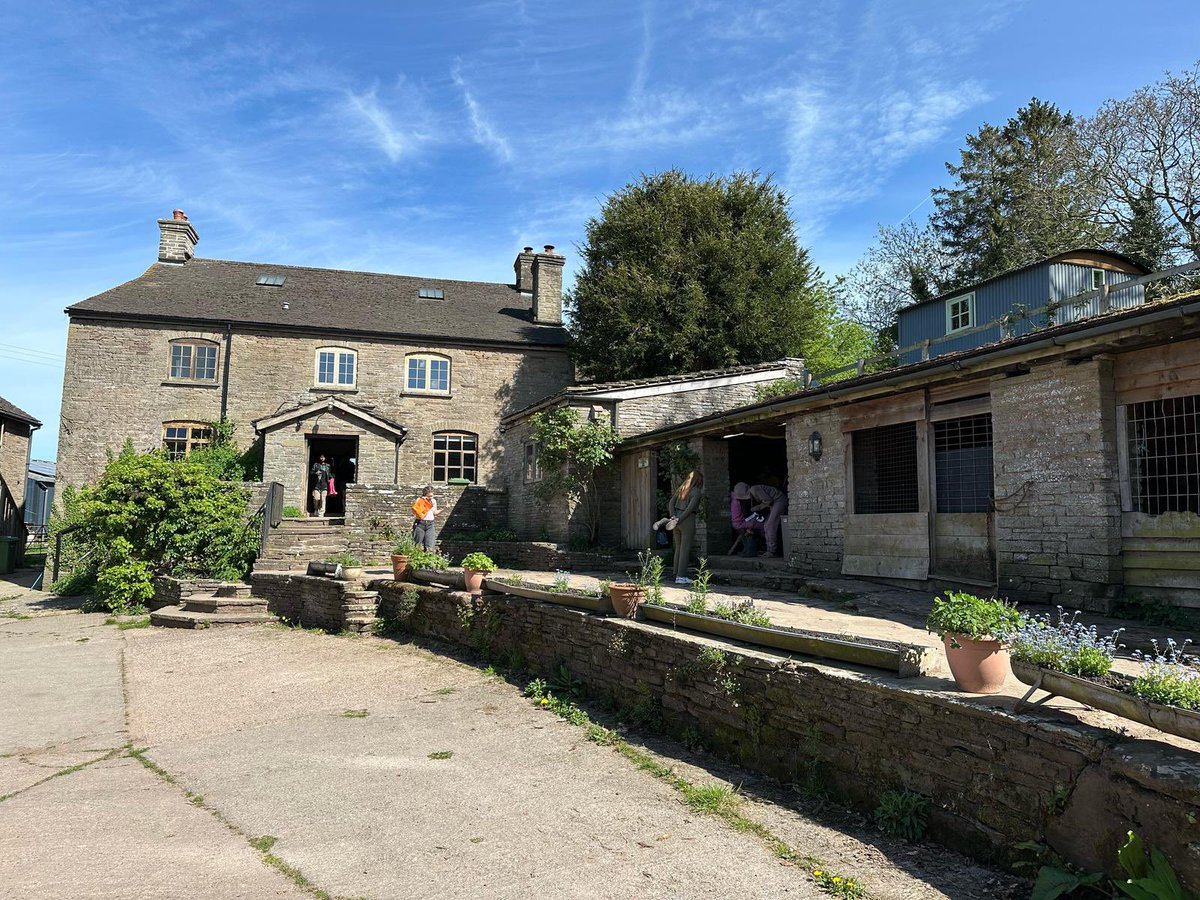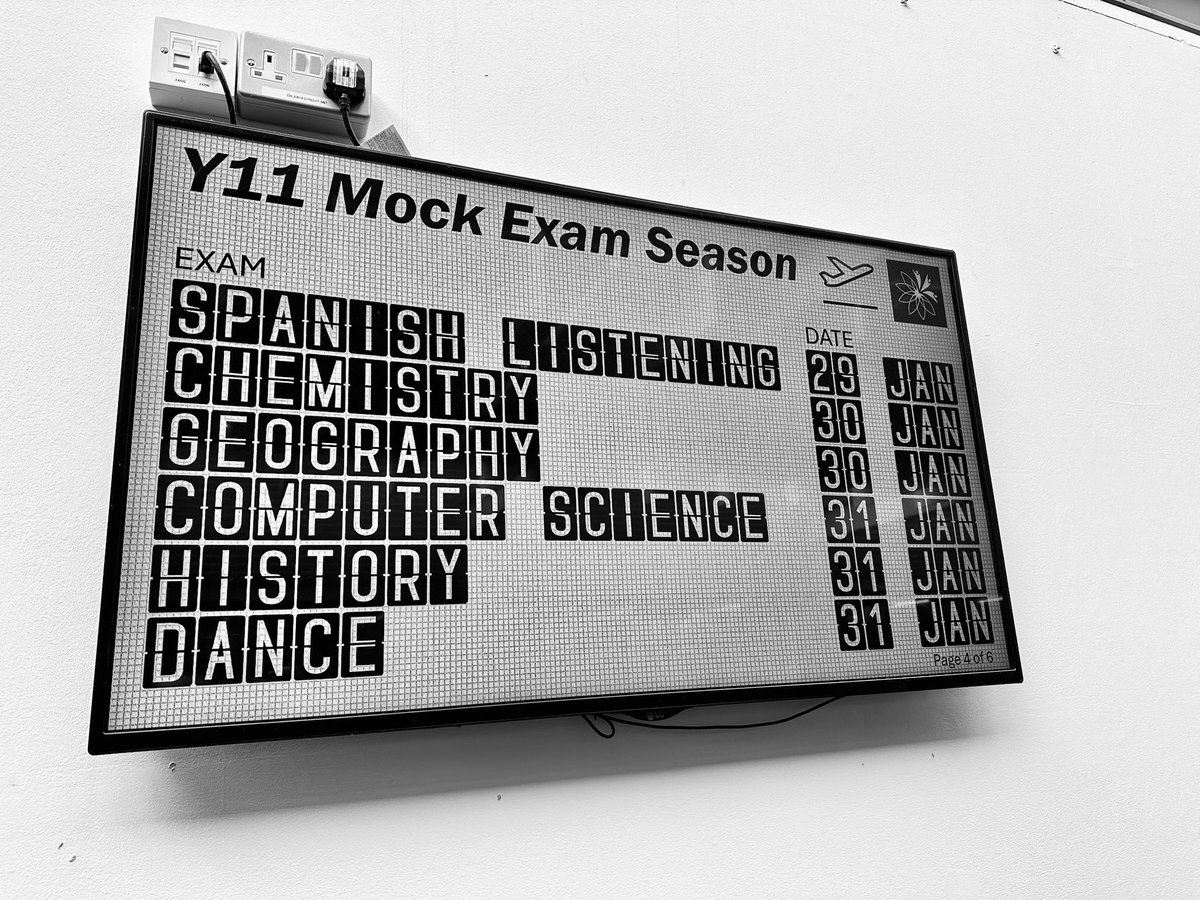Maths
In our secondary mathematics curriculum, our goal is to nurture numerically adept, analytical minds capable of applying knowledge and articulating their comprehension academically.
Students will acquire the tools to address intricate challenges, showcasing a strong grasp of mathematical principles. They will be prompted to convey their thoughts clearly, both orally and in written form, fostering a collaborative educational setting.
Through fostering these attributes, our aim is to provide students with the mathematical competence and critical thinking skills essential for achieving success in their academic pursuits and future undertakings.
You can download Knowledge Organisers for each year group from our Knowledge Organisers page.
For queries about the Maths curriculum please contact Raheem Sadiq r.sadiq@harrisgarrard.org.uk
Further details of the curriculum can be found below.
Primary Curriculum
"We will always have STEM with us. Some things will drop out of the public eye and go away, but there will always be science, engineering, and technology. And there will always, always be mathematics.” Katherine Johnson
Our Maths curriculum aims to ensure that all children:
- Become fluent in the fundamentals of maths
- Are able to reason mathematically
- Can solve problems by applying their mathematics.
We want our children to enjoy mathematics and to experience success in the subject, with the ability to reason mathematically. We are committed to developing children’s curiosity about the subject.
At Harris Garrard, these skills are embedded within maths lessons and developed consistently over time. Maths and having a deep understanding of the key concepts of this will ensure our pupils leave Harris Garrard with the necessary skills and knowledge to continue in their learning, understanding that we are all lifelong learners. We are committed to ensuring our pupils recognise the importance of mathematics within the wider world and that they are also able to use their mathematical skills in their lives in a range of different contexts.
It is vital that maths is taught within real life contexts in order to ensure that our children are ready for experiences in the wider world. Our intent is for pupils to be able to understand the links between mathematics and other subjects. This is why our science lessons incorporate a significant amount of our statistics curriculum so that pupils can make the necessary connections between mathematics and the wider world. For example, in Geography pupils will learn about the mathematical knowledge needed in order to understand scale factor. In history chronology is vital - pupils understand how different events took place at different times using timelines. In DT measuring and scale is a vital skill. All of these require an understanding of the fundamentals of mathematics as well as allowing our pupils to experience mathematics in a variety of contexts. Part of the mastery approach is for pupils to build on learning so that they have a secure understanding of key concepts that can be used in a variety of situations – our curriculum ensures this happens.
Mr Hone, T&L & Primary Maths Lead
Key Stage 3
In KS3, the curriculum is designed so that all students are learning the same topic at the same time, whether in mixed ability groups or in sets. Teachers understand ways to progress through a topic by going deeper, making links with other areas of math’s and by providing challenge through opportunities to reason and problem solve. The schemes of work are designed so that there is ‘core’ content followed by opportunities designed to stretch and extend identified as ‘core +’ or ‘advanced’.
The content in each year builds on topics and key concepts learnt in previous years. Students have opportunities to revisit prior learning through interleaving content taught in previous years and students are challenged through exposure to more challenging reasoning and problem-solving opportunities.

Key Stage 4
The mathematics schemes of work for KS4 broadly follows the AQA new GCSE mathematics 8300 specification and builds on students prior learning from KS3.
Students will follow either the foundation or higher scheme of work depending on prior assessments and teacher judgement based on classwork and independent work. Problem-solving is at the heart of the new curriculum and opportunities to develop problem solving and reasoning skills in math’s are embedded within each unit of work. Once students reach year 11, their teachers will decide upon how much they need to deviate away from the scheme of work based on thorough assessment. This takes place in lessons and through whole school mock exams.
The new KS4 curriculum is focused on students developing mastery of mathematics and involves:
- develop fluent knowledge, skills and understanding of mathematical methods and concepts.
- acquire, select, and apply mathematical techniques to solve problems.
- reason mathematically, make deductions and inferences and draw conclusions.
comprehend, interpret, and communicate mathematical information in a variety of forms appropriate to the information and context.

Key Stage 5
Our A-level program is designed to provide a comprehensive understanding of mathematical concept through its three main components: Pure Mathematics, Statistics and Mechanics. It builds on the foundation skills acquired at GCSE level, while introducing new and advance topics. Our pupils continue to:
- develop fluent knowledge, skills and understanding of mathematical methods and concepts.
- acquire, select, and apply mathematical techniques to solve problems.
- reason mathematically, make deductions and inferences, and draw conclusions.
- interpret, and communicate mathematical information including statistical data in a variety of forms appropriate to the information and context.
Year 12



Year 13



20%: Performance created by the students using a stimulus, such as music, art and poetry. This performance must be stylised with influence from a choice of drama practitioners, such as Antonin Artaud, Konstantin Stanislavski and Bertolt Brecht. This also requires them to be using their performance skills, such as body language, facial expression, tone pf voice, etc.
80%: Coursework based, and in the form of a logbook. This logbook must detail the devising process from start to completion. They will need to write about how they come up with and researched their ideas, how they decided on the message of the performance and why they chose this message, the rehearsals of their ideas, the feedback they have received from their peers, the performance day and a reflection of the event itself. In total they will need to write up to 2000 words.
Component 3 – Text in Practice: 20%
This component will require the students to learn two extracts from a play and perform them in front of a live audience and an AQA examiner. The play can change year by year, but it cannot be of the same style as the play they are writing about in their Component 1 exam (Blood Brothers – Musical).
This will require them to learn a set text off by heart, fully understand the characters within the whole play as well as in their extracts, rehearse it to their best ability and be confident to perform in front of others.
Key information: each component will require them to have an extensive knowledge of their drama skills and how to analyse them effectively. These skills are necessary in every component.
Careers
Maths is a crucial subject and significantly increases a student’s employability later in life by showing the problem solving and analytical skills that employers value so highly.
Students who do well in Maths are given fantastic opportunities to pursue a number of careers. Some examples are listed below:
-
Professions (engineering, banking, accountancy, insurance)
-
Public sector (administration, civil service, health service, local government, police, armed forces)
-
Teaching (schools, colleges, universities, teaching English aboard)
Maths is also a subject which can be taken to a high academic level with students studying MAs and PhDs.
Find out more about the careers programme at Harris Garrard Academy.





















